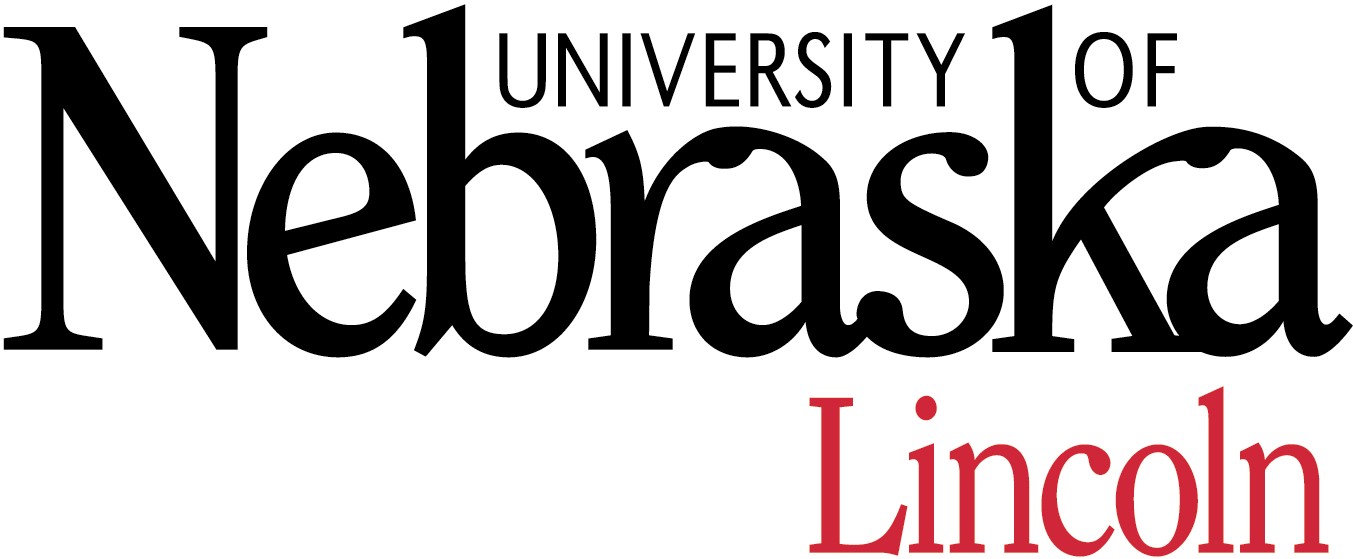Research at Human-First Artificial Intelligence Lab (HAL 2.0)
Subaltern AI: Co-Creating Grounded Knowledge with Nebraska's Communities
This transformative interdisciplinary project directly addresses the enduring challenge of representation, particularly for marginalized communities, in the rapidly evolving landscape of AI. Inspired by critical scholarship on the subaltern, notably Gayatri Spivak's pivotal essay "Can the Subaltern Speak?", this initiative places Nebraska’s rural and tribal communities at the very center of creating culturally rich and contextually relevant multimodal models. Building upon the foundations laid by our Grand Challenges Planning Grant project, "Empowering Communities: Participatory AI for Climate-Resilient Food Management", we are pioneering a novel bottom-up approach to construct multimodal Large Language Models (LLMs). Our current efforts are focused on developing a unique Nebraska-specific AI system that directly integrates community-sourced data, encompassing textual narratives, visual documentation, and numerical insights. This data captures invaluable local knowledge concerning regional agricultural practices, localized climate risks, and the vital contributions of Indigenous knowledge. Through the design of innovative, community-driven training protocols and the implementation of participatory validation frameworks, we ensure that these AI models are not only technically robust and accurate but also deeply inclusive and free from the inherent biases often found in generalized web-based datasets.
Broader Impacts
This research represents a paradigm shift in AI development, establishing a powerful model for equitable knowledge representation by embedding the voices and perspectives of marginalized communities directly into the technological fabric. Our participatory AI methodologies offer a transformative, scalable blueprint for integrating underrepresented perspectives into AI research initiatives worldwide, moving beyond top-down approaches to empower communities as active co-creators and validators of AI. By bridging the critical gap between cutting-edge AI technology and invaluable community expertise, we are fostering the development of truly inclusive and culturally responsive AI systems that prioritize localized knowledge and empower underserved populations to address their unique challenges in areas such as food security, climate resilience, and equitable technological access. This work not only advances the field of AI but also actively promotes social and environmental justice by ensuring that technology serves the needs of all members of society.
Funding
Collaborations
- Simanti Banerjee (Associate Professor Department of Agricultural Economics, Institute of Agriculture and Natural Resources)
- Gabriel Bruguier (Assistant Professor Research Specialist Librarian, University Libraries, UNL)
- Julia McQuillan (Professor, Department of Sociology, College of Arts & Sciences)
- Tonya Haigh (Research Assistant Professor, Social Science Coordinator and Project Coordinator National Drought Mitigation Center, UNL)
- Jordan Soliz (Professor, Department of Communication Studies, College of Arts and Sciences)
